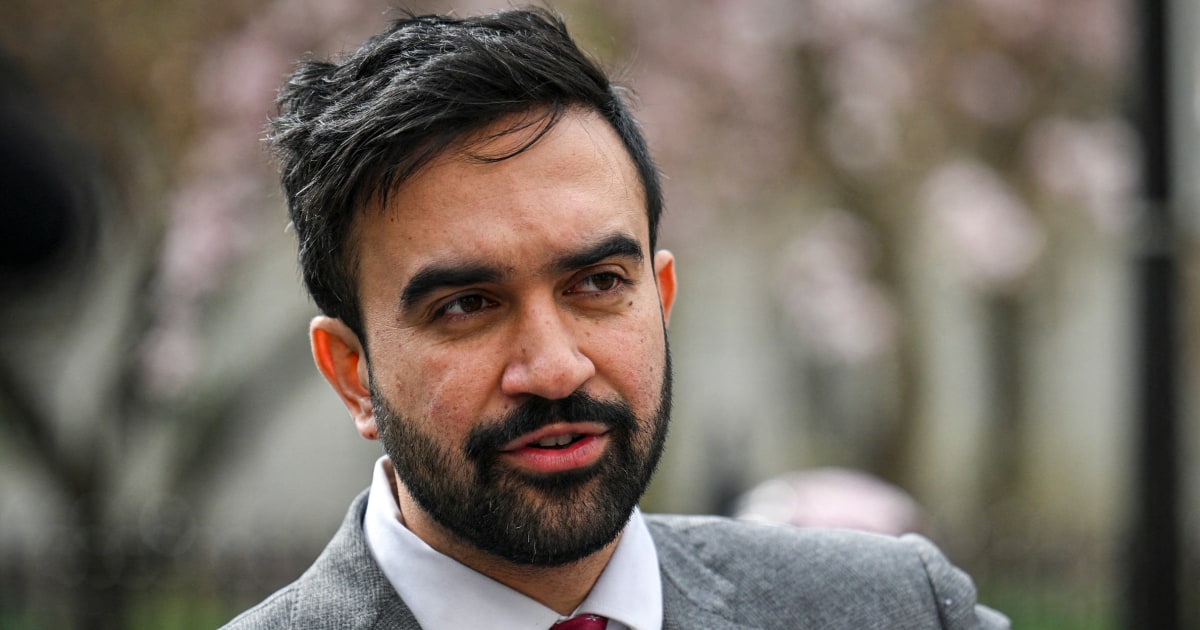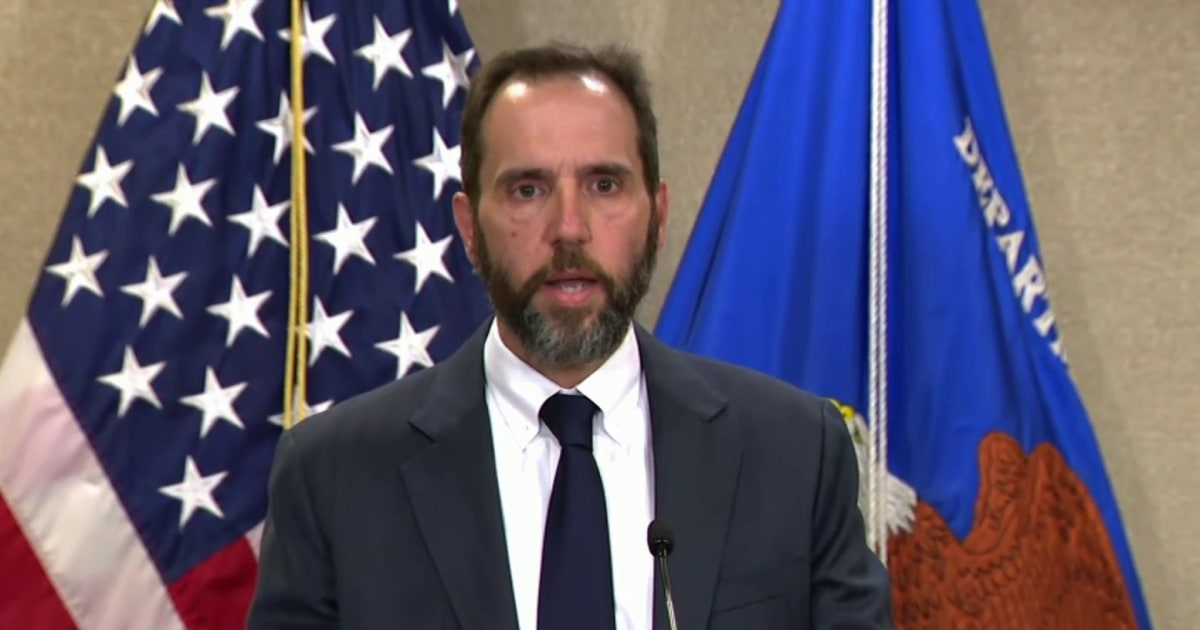
WASHINGTON — The Supreme Court on Thursday allowed President Donald Trump to move ahead with plans to send eight convicted criminals to South Sudan, a move that had been blocked by a federal judge who accused the administration of defying his instructions.
In an order, the court clarified its decision from June 23 that made it easier for the U.S. to deport migrants to “third countries” to which they have no previous connection.
The Supreme Court said in the unsigned order that its earlier ruling applied to the eight men, who are being held in a U.S. facility in Djibouti, meaning the judge’s later decision was “unenforceable.”
Follow live politics coverage here
Two of the court’s liberal members, Justices Sonia Sotomayor and Ketanji Brown Jackson, dissented.
“What the government wants to do, concretely, is send the eight noncitizens it illegally removed from the United States from Djibouti to South Sudan, where they will be turned over to the local authorities without regard for the likelihood that they will face torture or death,” Sotomayor wrote.
She also accused the court, which has a 6-3 conservative majority, of favoring the Trump administration over others.
“Today’s order clarifies only one thing: Other litigants must follow the rules, but the administration has the Supreme Court on speed dial,” Sotomayor wrote.
Trina Realmuto, a lawyer for the eight men, said in an email that the Supreme Court’s decision “rewards the government” for violating the judge’s order.
In doing so, she added, the court endangers “the life and safety of eight men who are now subject to imminent deportation to war-torn South Sudan.”
Tricia McLaughlin, a spokesperson for the Department of Homeland Security, called the ruling “a win for the rule of law, safety and security of the American people.”
“These sickos will be in South Sudan by Independence Day,” she said in her statement.
The men are from various countries, including Myanmar and Vietnam, and were all convicted of serious crimes in the United States.
They were detained in Djibouti after Murphy ruled that the administration had defied his nationwide order by putting them on a flight bound for South Sudan.
Some have had a “reasonable fear” of interviews with immigration officials as required by Murphy’s order, but no adjudications have been made, their lawyers say.
In its most recent filing at the Supreme Court, the Trump administration said it had received assurances from South Sudan that the men “will not be subject to torture” under the United Nations Convention Against Torture.
The Trump administration had asked the court to clarify its June decision, accusing Massachusetts-based U.S. District Judge Brian Murphy of being in “unprecedented defiance” of the justices.
Murphy had blocked the South Sudan deportations because he deemed them to be in violation of an earlier ruling he made. That ruling said the government must give migrants a “meaningful opportunity” to bring claims that they would be at risk of torture, persecution or death if they were sent to countries the administration has made deals with to receive immigrants who cannot be sent elsewhere.
The Supreme Court in June blocked Murphy’s broad nationwide order, but both Murphy and lawyers representing the plaintiffs said the decision did not apply to the ongoing litigation over whether the eight men in Djibouti needed to have an opportunity to raise specific concerns about being sent to South Sudan.
Murphy, who was appointed by President Joe Biden, has come under heavy fire from MAGA world as a result of his rulings in the case.
The Supreme Court’s original decision merely said that Murphy’s nationwide ruling was blocked, but did not explain its reasoning or how exactly it should be applied.
The court’s three liberal justices dissented, with Sotomayor saying that Murphy’s decision requiring due process for the eight men in Djibouti was not implicated. The majority did not dispute that.
Justice Elena Kagan, who dissented in the earlier ruling, did not join her liberal colleagues this time, writing a brief concurring opinion to explain her vote.
“I do not see how a district court can compel compliance with an order that this court has stayed,” she wrote.








